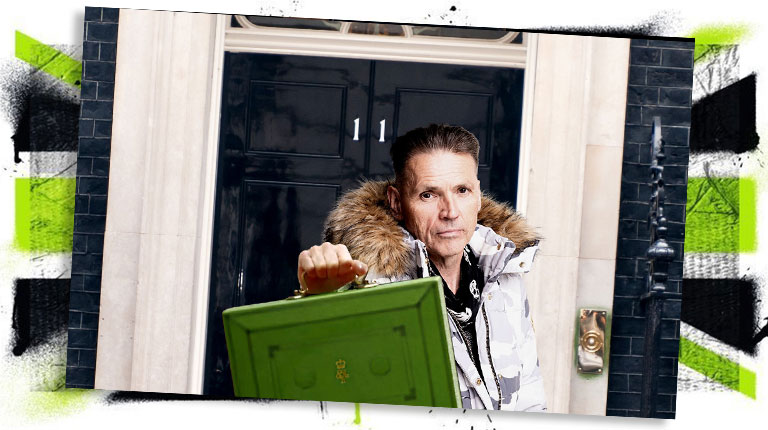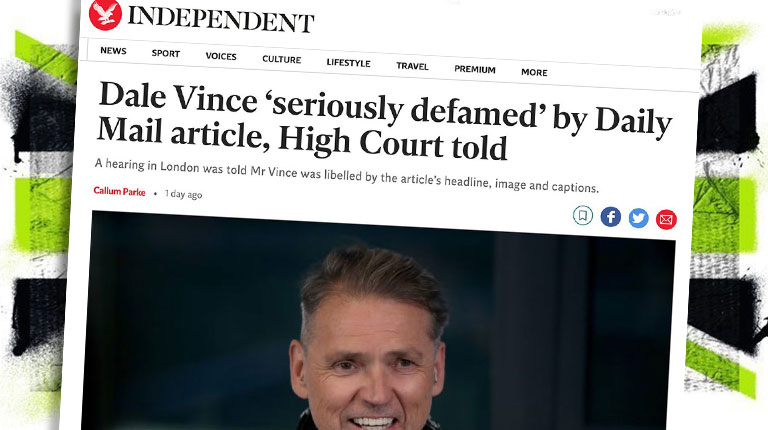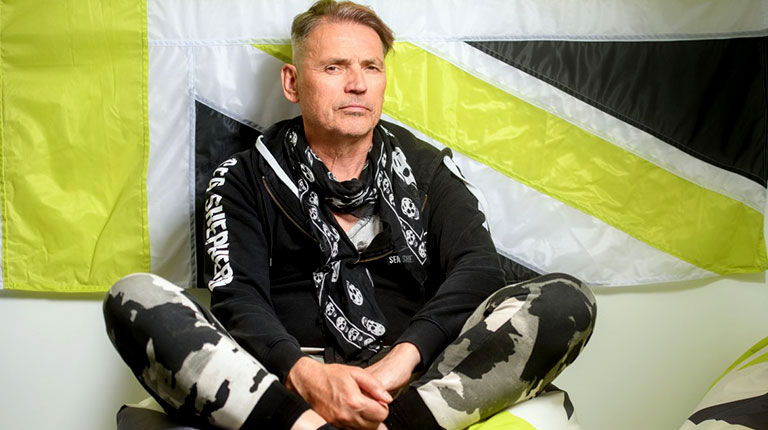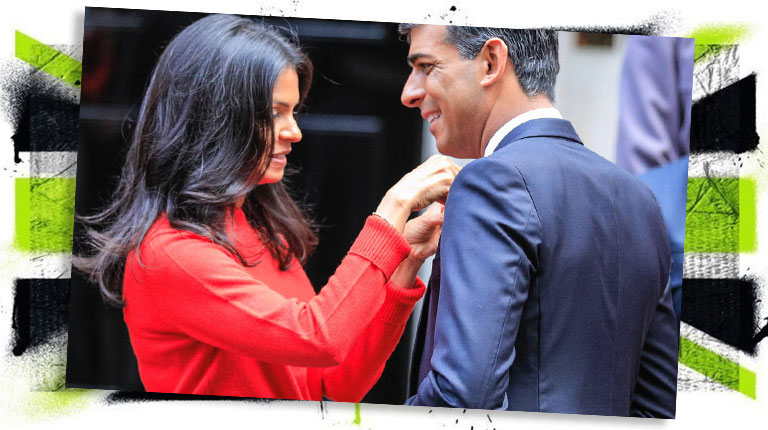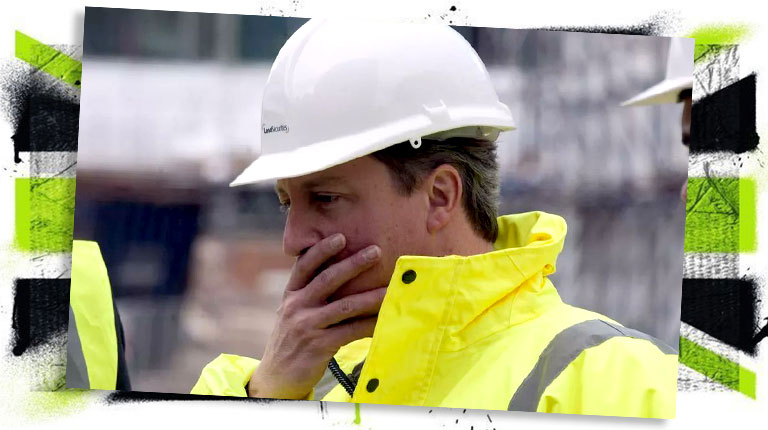The hippie economy: tree-huggers and capitalists are a match made in heaven
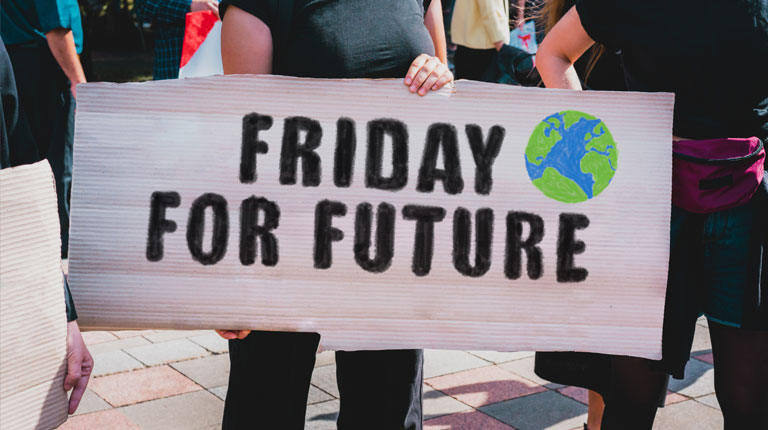
Op-ed written for CityAM.
If you work in the City you probably believe in free markets, capitalism and making money, right? Me too. Though I’m an ex hippie traveller, climate activist, tree hugging type, I see the power of money.
Environmental work is always presented as a good thing to do. You know the pitch: the appeal to altruism, for future generations and polar bears. A worthy cause for you to contribute to. In my experience it’s a mistake to communicate green issues this way, we need to talk about these things in the way they affect people more directly.
For people in the City, life is about money, buying or investing in businesses, new or old – managing funds and financial products I’ve probably never heard of. I’ve got no problem with that because our interests have become aligned.
The green economy, the green industrial revolution – you’ll have heard these terms – both main political parties here have them tattooed on their foreheads. But they represent the biggest financial opportunity possibly ever seen, certainly since the last industrial revolution. As we exit this biggest economic downturn for 300 years there’s a lot of talk about building back a green economy, not just re-building the one we had. It makes sense because there are serious economic benefits to be had and there are serious sums involved too.
Britain spends £50 billion a year on fossil fuels, just to import and burn them. If we spent that cash instead harvesting renewable energy we could power our whole country, create hundreds of thousands of long term high quality jobs, save billions in health costs by cleaning up the air we breathe and fight the climate crisis. That last part is just the icing on the cake.
With this energy independence we can remove enormous risk and volatility from our economy. The cost of oil and gas fluctuates – £50b is at today’s price, that’s been three times higher in recent history – and we have the exchange rate risk too, because we have to buy this stuff in dollars. It’s economic madness given we have enough renewable energy to power ourselves many times over. This is one example. There are more and it’s aligned with the spirit of our age.
People increasingly want to see something done about the climate crisis, and they are making greener choices themselves.
Businesses have picked up the signals and responded. There has been an enormous increase in availability of plant based foods, and the take over of electric cars is well on its way. Ten years from now none of the major car makers will make the old fashioned fossil burning cars that dominate our roads today. This is a positive feedback loop – the more these products are available, the lower the prices; the more people buy them and so it goes. Businesses exist because they have customers of course. Your customers, whatever line of work you are in, increasingly want to see real action on green issues. We can see this in financial markets today.
Joe Biden is grabbing headlines with his $2 trillion plans to drive green growth in the US. Some £900 billion of UK pension funds have just pledged to get their portfolios to zero carbon by 2050. More demand. And the Institutional Investors Group on Climate Change have just launched a net zero framework for investors – with $8.5 trillion of pledges. Green finance globally is a $31 trillion dollar industry right now.
The BoE expects $90 trillion of green infrastructure investment in the next 10 years.
So in answer to the question – why should the City go green? my answer is this; because this is where the opportunity is, and where the smart money is moving.
Green is the colour of the environment movement and the colour of money. Environment action has become an economic imperative and a profitable business. Our interests are aligned.
Fancy fighting the climate crisis with me?

